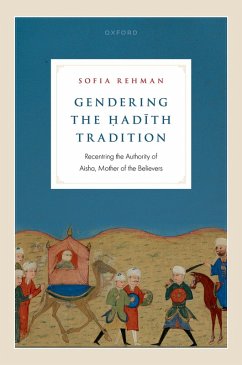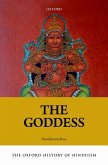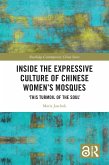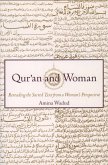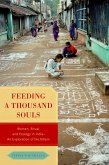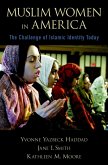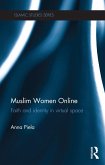Gendering the Hadith Tradition presents for the first time a partial translation and study of Imam Badr al-Din al-Zarkashi's work, al-Ijaba li-Iradi ma Istadraktahu Aisha Ala al-Sahabah-The Corrective: Aisha's Rectification of the Companions. It critically analyses from the perspective of hadith criticism a number of sections presenting Aisha's refutations and corrections of key Companions including, Umar b. al-Khattab, Abdullah b. Abbas, Zayd b. Thabit, and Abu Hurayra, applying classical hadith methodology to the scrutiny of narrators by way of impugnment and validation (al-jarh wa al-tadil) in an effort to re-construct and re-present Aisha as a central authority in Islamic knowledge production. This work constitutes a major rethinking of the Muslim hadith and jurisprudential traditions by evaluating how Aisha responded to hadiths that were circulating and being ascribed, often incorrectly, as authoritative statements of the Prophet Muhammad. From her critique of overwhelmingly male Companions of the Prophet, the study elicits a methodology for hadith criticism which is sure to challenge classical approaches. Sofia Rehman unearths the scholarly acumen of this great female Companion and mother of the believers, in her discussion of several legal positions which Aisha held in contradistinction to many of the male authorities among the Companions. This interdisciplinary study serves as a model for how the voice of Aisha may be given renewed life and significance in the way it re-centres her traditions and thinking. A crucial aspect is its contributing to expanding the horizons of multiple Islamic disciplines. A major contribution to the study of hadith lies in the development of an emergent methodology of Aisha in the scrutiny of the actual statements (matn) of traditions, not just the chains of transmission (isnad). The contributions of this study to the development of the Muslim legal tradition (fiqh) also lies in a framework that emerges from this research based on the pattern of how Aisha approaches juridical matters. The implications for this are many, especially regarding women and their spiritual and daily life and practice.
Dieser Download kann aus rechtlichen Gründen nur mit Rechnungsadresse in A, B, BG, CY, CZ, D, DK, EW, E, FIN, F, GR, HR, H, IRL, I, LT, L, LR, M, NL, PL, P, R, S, SLO, SK ausgeliefert werden.

